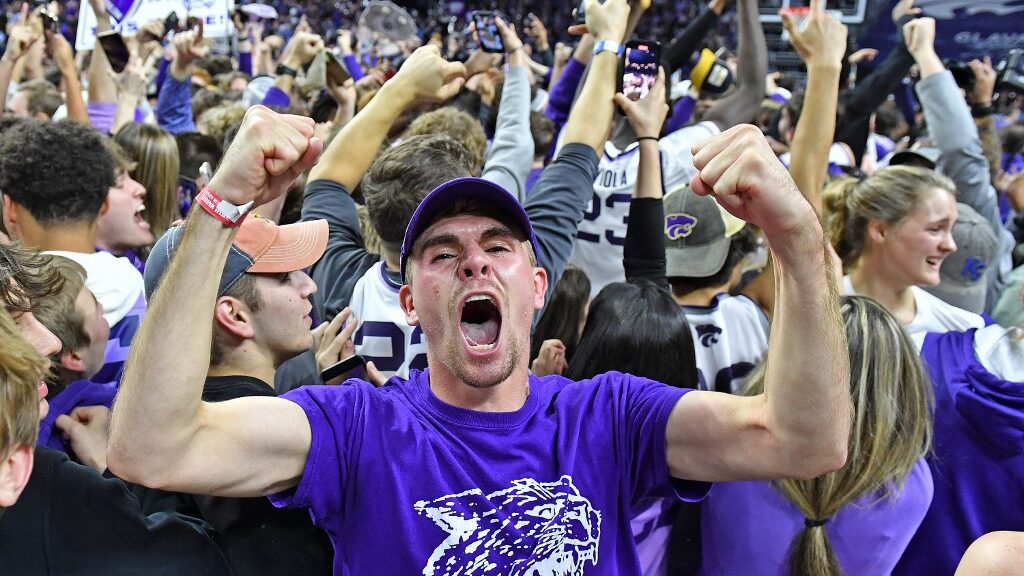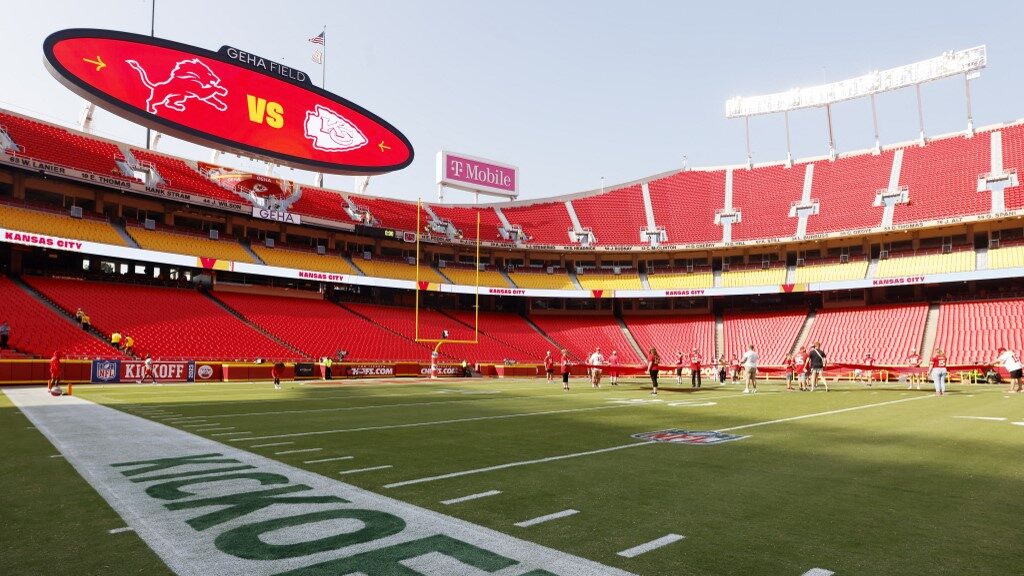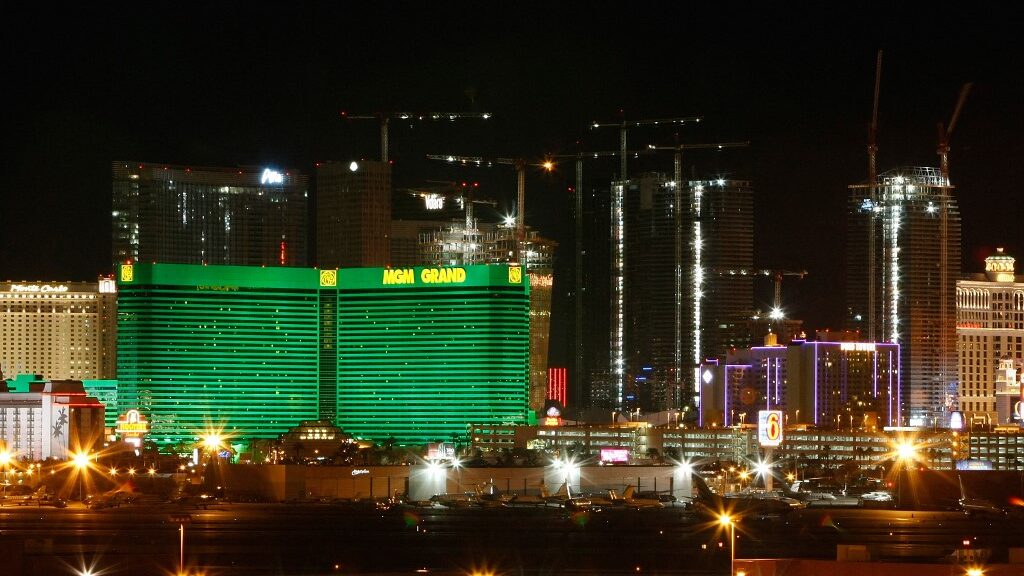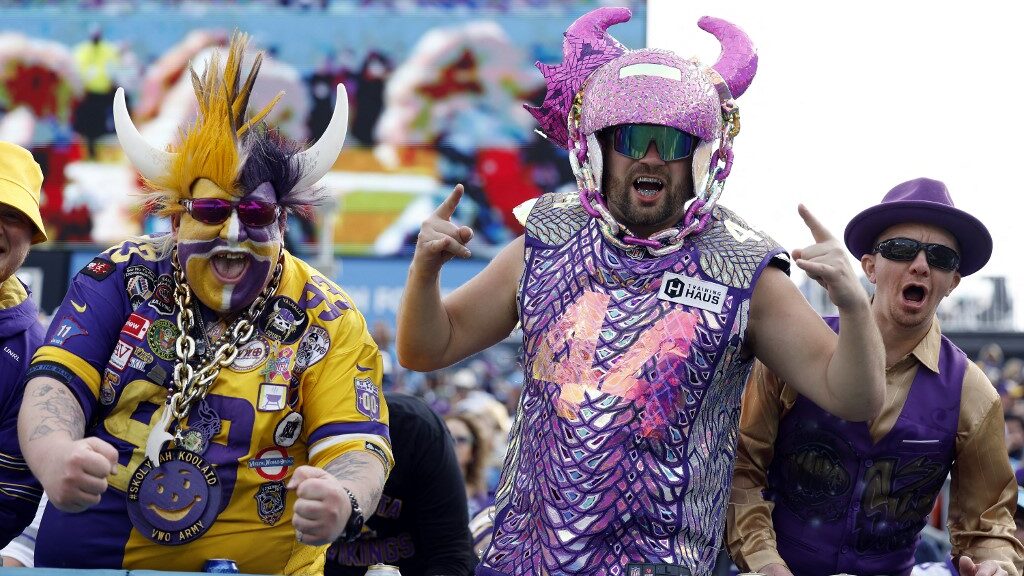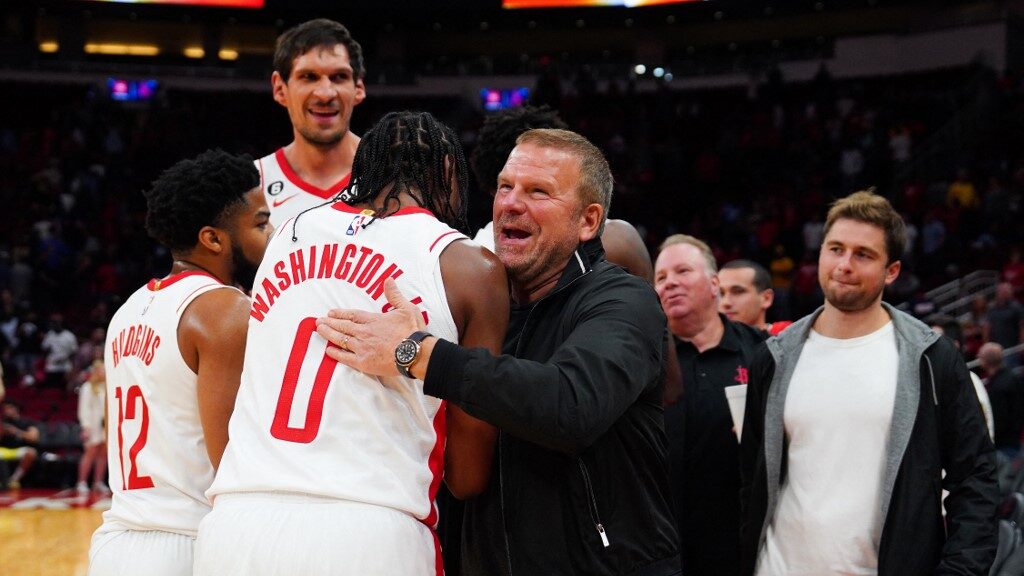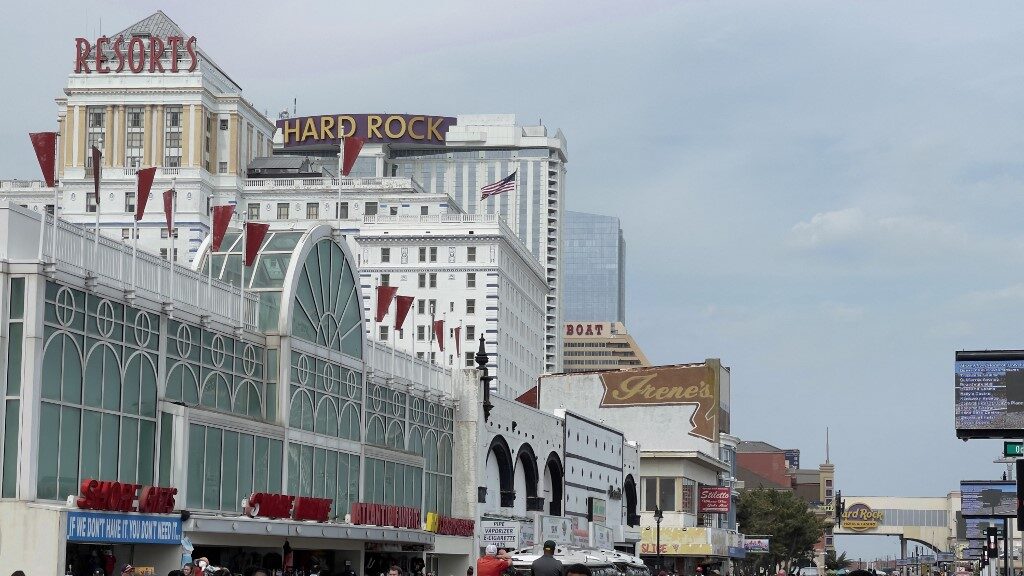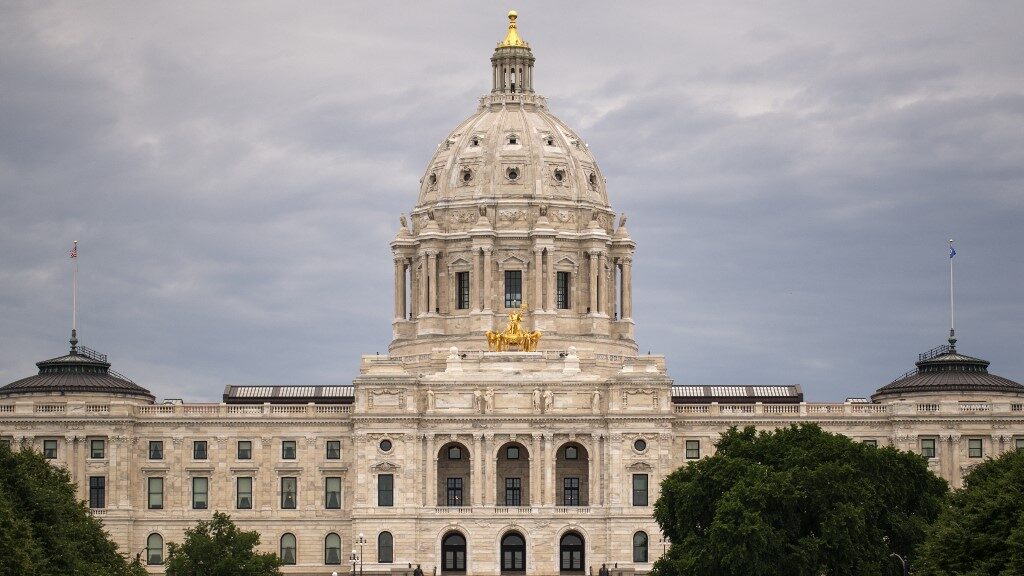
When it comes to legalizing sports betting, things appear to be looking up in The North Star State. Let’s go through the latest updates and analyze how the landscape looks for the online sportsbooks industry.
Momentum builds
Multiple reports suggest that Minnesota’s push to legalize sports betting is gaining momentum. Key stakeholders, including the state’s tribes and Allied Charities Minnesota, are showing support for bills HF 2000 and SF 1949, which aim to legalize online sports betting in the state.
Rep. Zack Stephenson, the chief architect of the deal and the main sponsor of sports betting bill HF 2000, expressed optimism in an interview with CBS News Minnesota. He stated, “There’s a growing momentum for this bill, and I believe we stand a good chance. It’s a challenging bill to pass because gambling bills inherently require bipartisan support. There are members from both the Democratic and Republican parties who will never vote for it. Assembling a broad bipartisan coalition is a daunting task in today’s political climate, but the momentum is certainly building.”
What’s on the table?
Both pieces of legislation (HF 2000 and SF 1949) encompass distinct gaming elements. However, Stephenson’s bill (HF 2000) is getting the most attention.
It has advanced further in the legislature than ever before. It would legalize sports betting, and daily fantasy sports games, and levy a 10% tax on sports betting revenue. The revenue generated from sports betting would be allocated towards education and treatment for compulsive gambling.
Stephenson successfully modified the bill in committee to incorporate $40 million in tax relief for Minnesota’s charitable organizations. Despite the approval of the amendments by Minnesota charities and the Coalition for Fantasy Sports (who testified in support of the bill), the legislation is not getting support from Minnesota’s horse tracks.
The bill includes an amendment that bans historical horse racing machines. Stephenson characterizes these as a type of slot machine that infringes on tribal gaming exclusivity, a modification that representatives of the Minnesota horse racing industry oppose. Stephenson’s bill currently earmarks $600,000 annually for tracks.
Each bill proposes that the 11 tribes in Minnesota receive a license to operate both a retail betting location and an online sportsbook, potentially leading to 11 sports betting apps in the state.
Why is optimism growing?
HF 2000 received the backing of the state’s tribes, yet failed to secure the support of small bars, restaurants, VFWs and Allied Charities Minnesota, a group representing small charities.
These charities have been receiving $40 million annually from pull-tab games. Under a 2023 law, electronic pull tabs are set to be phased out next year. All ACM could see was the money they were set to lose.
However, that changed when Stephenson brokered the deal to incorporate the tax relief. Allied Charities Minnesota and The Indian Gaming Association support this compromise.
What’s next for Minnesota’s sports betting bill?
What lies ahead? The current legislative session in Minnesota lasts until May 20, which provides ample time for matters to be resolved. The bill encompassing DFS (HF 2000) is slated for committee review next week, and it still has several stages to pass through before it comes up for voting.
Meanwhile, the other bill (SF 1949) has already been through the committee stage but is yet to be presented to the State Senate.
The bottom line is that sports betting is getting a lot of public support and it appears to be simply a matter of ironing out those fine details. And for lawmakers, time is on their side.


